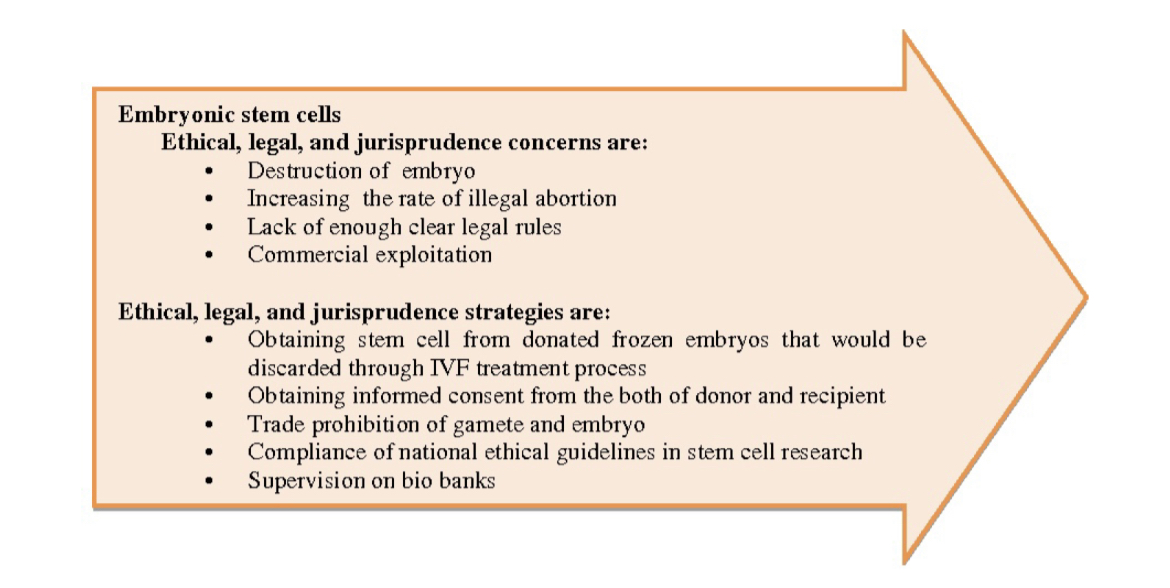Ethical Implications of Stem Cell Therapy for Autism

What Are the Ethical Considerations Surrounding Stem Cell Therapy?
Role of Informed Consent in Stem Cell Therapy
Balancing Potential Benefits with Ethical Concerns
The Importance of Ethical Oversight In Stem Cell Research
Stem cell therapy is an emerging field of regenerative medicine that can heal, rejuvenate, and regenerate damaged tissues and cells. Stem cells are a viable treatment option for preventing symptoms from worsening and disease progression compared to traditional interventions. Several studies back the safety and efficacy of the therapy against a wide range of neurodevelopmental, autoimmune, inflammatory, orthopedic, and neurodegenerative diseases.
However, ethical implications around stem cell therapy are complex and need careful consideration and a multidisciplinary approach by medical professionals, scientists, ethicists, policymakers, and patient advocacy groups. Only through these collaborative efforts can we ensure that stem cell therapy is ethically and responsibly pursued, with potential benefits outweighing the risks.
In this article, we will take a look at ethical considerations surrounding stem cell therapy, the importance of informed consent, and ethical oversight in stem cell research.
What Are the Ethical Considerations Surrounding Stem Cell Therapy?
Cell-based treatment interventions, including stem cells, require the following ethical concerns to be addressed:
Source Of Stem Cell
Embryonic stem cells are a major ethical concern surrounding stem cell therapy. Instead, using mesenchymal stem cells (harvested from adult tissues) for stem cell interventions has great potential for exploitation.
Donor’s Consent and Rights
Protecting donors’ rights, privacy, and autonomy is crucial. Informed consent ensures that the donor knows the nature of the treatment, its side effects, risks, and, most importantly, the future use of the donated cells.
Safety and Efficacy
Safety and efficacy are serious concerns surrounding stem cells in autism treatment. Most illegitimate stem cell centers exploit individuals’ conditions and offer unsafe and unproven therapies. Rely on licenses and testimonials from real patients when choosing a stem cell clinic.
Equity and Access
Stem cell access and its exorbitant treatment nature raises an ethical concern, as the cost of cell-based therapy can play a major role in increasing healthcare disparity among different communities within a society.
Regulatory Oversight
In order to protect patients from fraudulent practices, regulatory frameworks and oversight of cellular therapies need to be protected.
Role of Informed Consent in Stem Cell Therapy

Informed consent is a critical part of stem cell therapy for individuals and their families. Informed consent helps individuals make voluntary and informed decisions while participating in the therapy.
The role of informed consent in stem cell therapy for autism includes:
- The first and foremost step in informed consent is providing information regarding stem therapy’s nature, potential side effects, benefits, alternative options, and expected outcomes.
- Informed consent focuses on helping the patient understand the information provided to encourage questions regarding the therapy.
- It also protects the voluntary decision-making of the patient or guardian. Moreover, if the patient cannot decide for themselves, legal guardians are allowed to make a decision for their loved ones.
- Consent documentation involves documenting the process, for instance, the patient’s or guardian’s signatures, their agreement to therapy participation, and their agreement to withdraw from the therapy at any time.
- Informed consent also involves communicating ethical implications associated with the procedure.
Balancing Potential Benefits with Ethical Concerns
Stem therapy provides alternative treatment options as a regenerative medicine for several common and rare ailments. Therefore, addressing ethical considerations to ensure that the cells are used ethically and responsibly is critical.
Here are some key points that should be addressed while balancing benefits with ethical considerations in stem cell research:
- The treatment should be backed by scientific evidence, rigorous research, and clinical trials.
- The therapy should focus entirely on the patient’s well-being, improved quality of life, and prognosis.
- Patients should be informed about the therapy’s risks, benefits, likelihood of success, failure, and potential outcomes.
- A risk-benefit assessment is critical to balance potential benefits and ethical concerns.
- The treatment should follow ethical guidelines and regulations to ensure ethically sourced therapy benefits.
- The treatment should be transparent and encourage questioning until the patient is satisfied.
The Importance of Ethical Oversight in Stem Cell Research

Ethical oversight in stem cell research ensures:
- The protection of participants’ rights, welfare, and dignity.
- The potential benefits of the treatment outweigh the risks.
- Voluntary participation of the patients and informed consent.
- The legitimacy of the treatment to ensure that the procedure is backed by research and conducted in a transparent manner.
- The validity and merit of the research proposals to ensure the results are reliable and valid.
- The balance between potential benefits and the risks involved.
- The procedure outcome addresses and resolves ethical concerns associated with the particular stem therapy.
- The treatment is compliant with the laws, regulations, and ethical guidelines for conducting the research.
- The research is conducted ethically to promote public trust, credibility, accountability, and legitimacy of the scientific community.
In Conclusion
Stem cell therapy is a gateway to treating rare medical conditions. However, several ethical considerations need a multidisciplinary approach to strike a balance between promoting innovation and ensuring patient safety and well-being in pursuit of stem cell therapy for autism and other treatments.
